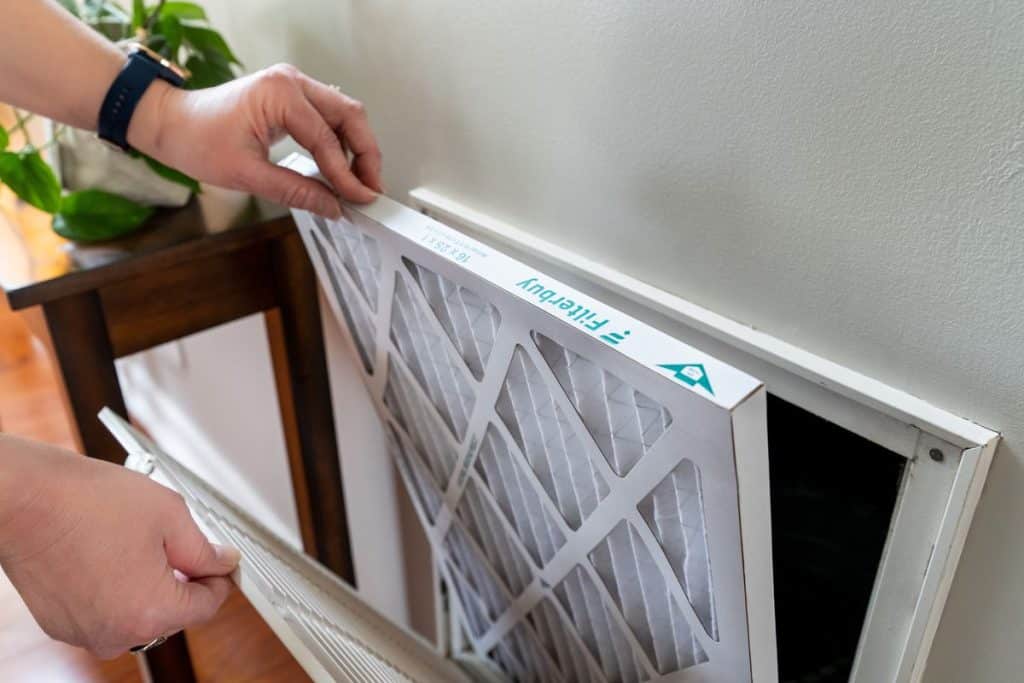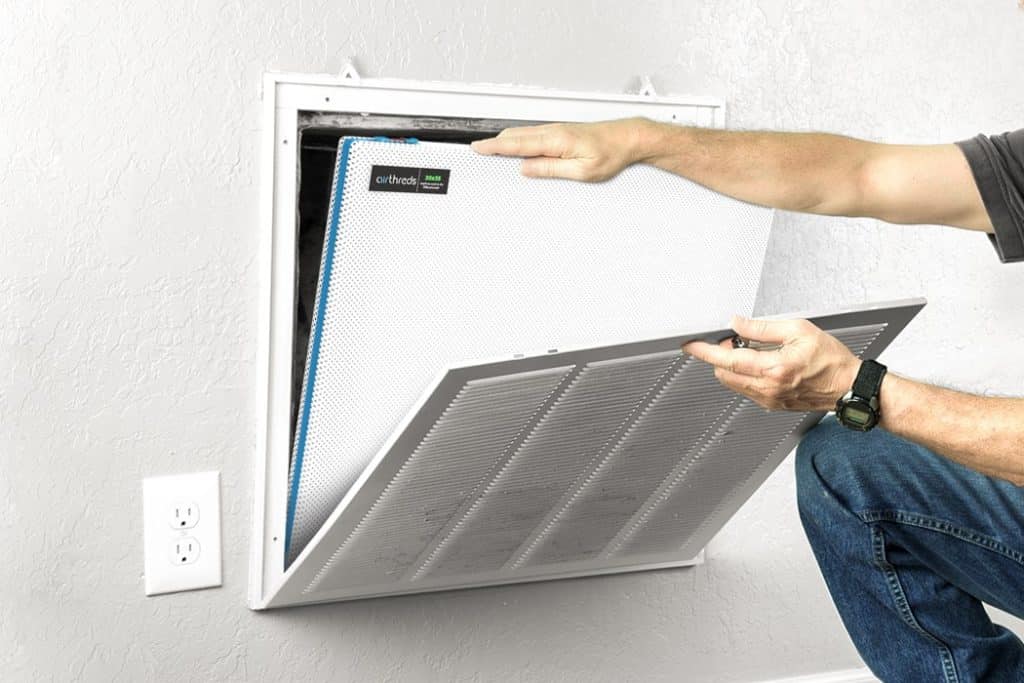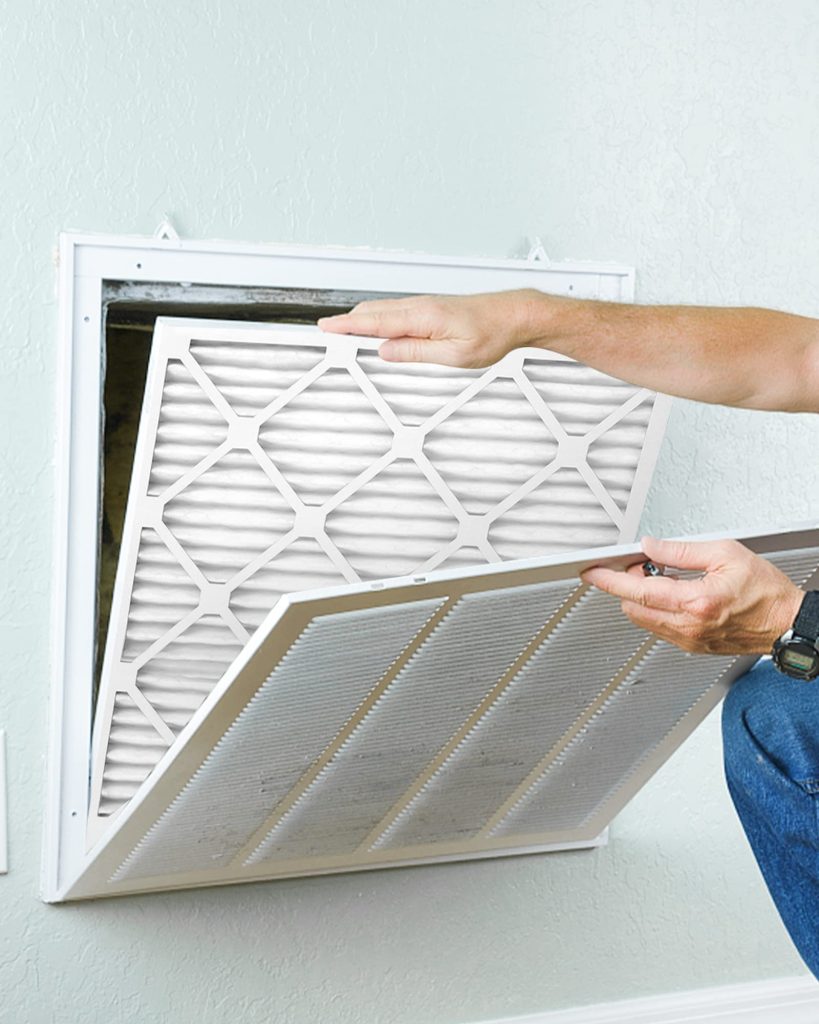In the realm of home comfort and health, few elements are as crucial as the quality of the air we breathe. While we often focus on temperature control and humidity levels, the role of air filtration in HVAC (Heating, Ventilation, and Air Conditioning) systems is equally significant. Within these systems, air filters serve as the frontline defense against airborne contaminants, allergens, and pollutants, playing a pivotal role in maintaining indoor air quality. Understanding the intricacies of air filters and their impact on your HVAC system can empower you to make informed decisions that enhance both comfort and well-being.
The Significance of Air Filters

Air filters represent the unsung heroes of HVAC systems, diligently working behind the scenes to purify the air we breathe. Their primary function is to capture and trap various airborne particles, including dust, pollen, mold spores, pet dander, and bacteria. By preventing these pollutants from circulating throughout your home, air filters help create a healthier living environment and reduce the risk of respiratory issues and allergies. Furthermore, they contribute to the longevity and efficiency of HVAC equipment by minimizing the accumulation of debris within the system.
Understanding Air Filter Efficiency
The effectiveness of an air filter is often measured by its efficiency in capturing airborne particles of varying sizes. This efficiency is typically expressed through the Minimum Efficiency Reporting Value (MERV) rating, which ranges from 1 to 20. A higher MERV rating indicates greater filtration capabilities, with filters rated MERV 7 to 12 being suitable for residential applications. However, it’s essential to strike a balance between filtration efficiency and airflow resistance to avoid compromising HVAC system performance.
Signs Your HVAC System Requires a Filter Replacement

Identifying when to replace your HVAC system’s air filter is crucial for maintaining optimal performance and indoor air quality. Several indicators suggest that a filter change may be necessary:
- Reduced Airflow: A clogged or dirty air filter impedes airflow, resulting in decreased ventilation and potentially uneven heating or cooling throughout your home.
- Increased Energy Consumption: A dirty filter forces the HVAC system to work harder to maintain desired temperatures, leading to higher energy consumption and increased utility bills.
- Accumulation of Dust: Excessive dust buildup around air vents or on surfaces within your home may indicate that your air filter is no longer effectively capturing airborne particles.
- Allergy Symptoms: If you or your family members experience more frequent allergy symptoms, such as sneezing, coughing, or congestion, it could be due to poor indoor air quality resulting from a dirty filter.
- Visual Inspection: Regularly inspecting your air filter can provide valuable insights into its condition. If the filter appears visibly dirty or discolored, it’s likely time for a replacement.
Frequency of Air Filter Replacement
The frequency at which you should replace your HVAC system’s air filter depends on various factors, including filter type, household occupancy, pets, and indoor air quality. As a general guideline, standard disposable filters should be replaced every one to three months, while high-efficiency filters may have a longer lifespan of six to twelve months. However, households with pets, smokers, or allergy sufferers may need to replace their filters more frequently to maintain optimal air quality.
Selecting the Right Air Filter
Choosing the appropriate air filter for your HVAC system is essential for maximizing filtration efficiency and system performance. Consider the following factors when selecting a filter:
- Filter Type: HVAC filters are available in various types, including fiberglass, pleated, electrostatic, and HEPA (High-Efficiency Particulate Air) filters. Each type offers different levels of filtration efficiency and airflow resistance, so it’s essential to choose one that aligns with your specific needs and budget.
- MERV Rating: Pay attention to the MERV rating of the filter, as it indicates the filter’s ability to capture particles of different sizes. While higher MERV ratings provide better filtration, they may also restrict airflow, potentially impacting HVAC system performance.
- Compatibility: Ensure that the selected filter is compatible with your HVAC system’s specifications, including size, airflow capacity, and installation requirements. Consult your HVAC technician or refer to your system’s manual for guidance.

Conclusion
Maintaining clean air filters is essential for preserving indoor air quality, optimizing HVAC system performance, and ensuring the comfort and well-being of occupants. By recognizing the signs of a dirty or clogged filter and adhering to a regular maintenance schedule, homeowners can mitigate indoor air pollution and promote a healthier living environment. Remember, investing in quality air filters and staying proactive with filter replacements are integral components of effective HVAC system care. By prioritizing air filtration, you can breathe easier and enjoy enhanced comfort in your home for years to come.






GIPHY App Key not set. Please check settings